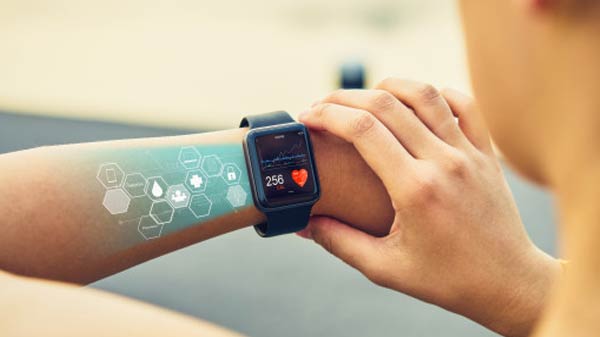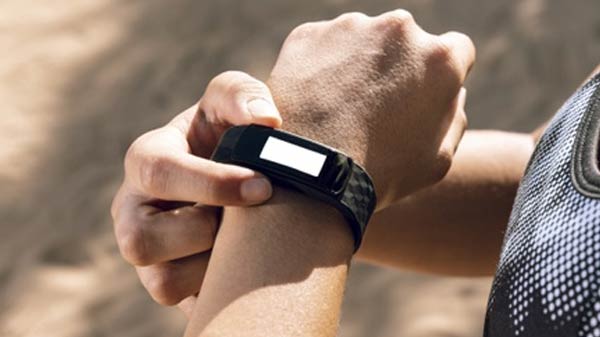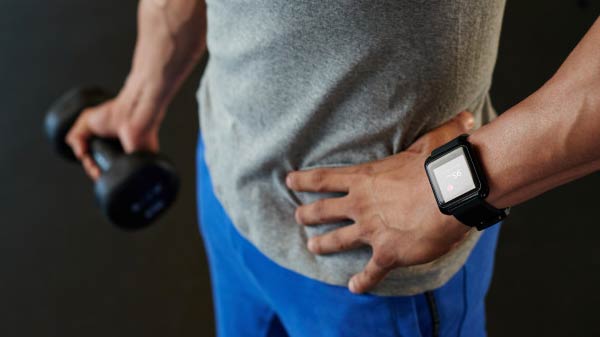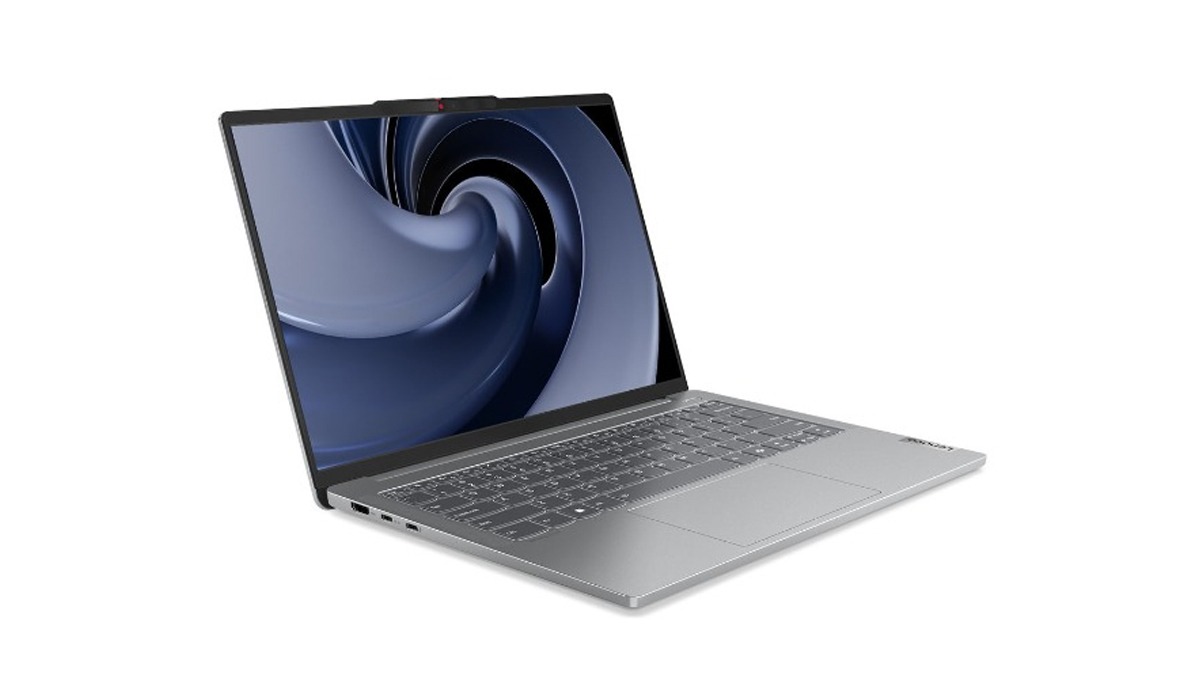Just In
- 13 hrs ago

- 14 hrs ago

- 14 hrs ago

- 14 hrs ago

Don't Miss
- Movies
 Pavi Caretaker Box Office Collection Day 1 Prediction: Dileep's Movie Expected To Open Strongly
Pavi Caretaker Box Office Collection Day 1 Prediction: Dileep's Movie Expected To Open Strongly - Sports
 Who Won Yesterday's IPL Match 41? SRH vs RCB, IPL 2024 on April 25: Royal Challengers Bangalore End Losing Streak
Who Won Yesterday's IPL Match 41? SRH vs RCB, IPL 2024 on April 25: Royal Challengers Bangalore End Losing Streak - Finance
 Bajaj Group Stock Declares Rs. 60/Share Dividend: Buy Ahead of Record Date On 28 June?
Bajaj Group Stock Declares Rs. 60/Share Dividend: Buy Ahead of Record Date On 28 June? - News
 MEA Dismisses US Human Rights Report On Manipur As 'Biased And Misinformed'
MEA Dismisses US Human Rights Report On Manipur As 'Biased And Misinformed' - Automobiles
 Royal Enfield Unveils Revolutionary Rentals & Tours Service: Check Out All Details Here
Royal Enfield Unveils Revolutionary Rentals & Tours Service: Check Out All Details Here - Education
 AICTE introduces career portal for 3 million students, offering fully-sponsored trip to Silicon Valley
AICTE introduces career portal for 3 million students, offering fully-sponsored trip to Silicon Valley - Lifestyle
 Heeramandi Screening: Alia Bhatt, Ananya Panday, Rashmika Mandanna And Others Serve Finest Ethnic Style!
Heeramandi Screening: Alia Bhatt, Ananya Panday, Rashmika Mandanna And Others Serve Finest Ethnic Style! - Travel
 Escape to Kalimpong, Gangtok, and Darjeeling with IRCTC's Tour Package; Check Itinerary
Escape to Kalimpong, Gangtok, and Darjeeling with IRCTC's Tour Package; Check Itinerary
Are Fitness Trackers Telling You The Truth About Your Health?
Finding time for some workout in our busy schedules has always been a tough task. If you still somehow manage to do so, it's always the first thing that goes flying out of the window when the workload ramps up. Well, this makes for an easy segue for devices that encourage people to live a healthy lifestyle and monitor their fitness goals.

Fitness devices have taken the tech industry by storm in the last couple of years. These little but technologically-advanced pieces of hardware have come a long way and are no longer restricted to keeping count of your steps. They can track your sleep patterns; the number of calories burned post-workout, basal metabolic rate, and even your heart rate.
While these fitness wearables make for great workout companions, are they as accurate as they are claimed to be?

Is The Step Count On Point?
Let's face it; a device tied to your wrist cannot be 100 percent accurate in counting the number of steps you take in a day. Wrist-based trackers have to do a lot of guessing to provide you with a number. To do so, they make use of an accelerometer that packs electromagnetic sensors to determine motion.
However, the algorithm that teaches the system to use data and convert it into steps, could be tricked. Sometimes people with a slow pace or an unusual way of walking might not get near accurate number of steps.
While accelerometer, gyroscopes might be the best bet for fitness trackers, they will never be completely accurate.
That's because we make different movements throughout the day that involve the movement of hands. However, the sensors fail to differentiate them from traditional steps and recognize those movements as walking. This is also the reason why different trackers show different counts for the same movement as all of them use different algorithms.
So if you want to find an average of your daily activity, a fitness tracker can be a good alternative; however, if you are looking for precise figures, it might not come in handy. A smartphone could be more accurate at keeping track of your steps but it's not a very convenient alternative having a phone in your pocket while working out.

Your Body Complexion Can Skew Heart Rate Data
As mentioned earlier, a majority of fitness trackers are capable of monitoring users' heart rate as well. They make use of photoplethysmography which measures heart rate with the projection of a green LED into the wrist.
Depending on the green light absorbed by the blood between beats, the optical heart rate sensor determines the heart rate by converting that data into pulse readings. However, numerous factors might falsify this data. It would be hard to believe but the color of your skin, hair on your wrist, or even the tightness of the fitness band can alter the results.
Besides, different companies use different sensors that might not show similar results. Also, the ability of these sensors while measuring heart rate at rest and during a workout could vary. A study suggests that the error rate of these trackers during workouts was 30 percent compared to when the body is at rest. Major firms like Fitbit have claimed to have optimized their sensors to work seamlessly for people with all skin tones by strengthening the green light emission.
If you are someone who takes fitness very seriously, training diligently for an athletic event or aspire to be fitness professional, the heart rate sensing on these fitness trackers might not be useful. A chest strap would be a better alternative than a wrist bound tracker. But for people looking for a general sense of their heart rate, fitness trackers are good enough.

Measuring Burned Calories Not Easy For A Sensor
Calculating calories burned is a really hard thing to estimate for a fitness tracker. Most fitness bands determine the results by combining data of the user's height, weight, gender, and age. If studies are to be believed, these devices have close to an error rate of 20 percent while calculating calories drained.
It would be safe to say that fitness trackers aren't very reliable when it comes to calculating energy expenditure, especially for less intensive movements that we perform all day. They perform best while performing an aerobic activity, running, and putting some work in the gym.
But, it would too harsh to rule out trackers completely. If you intend on shedding some weight and want a rough idea of your calories burned, then fitness trackers could come in handy. The best way to make the most of your fitness tracker for calculating burned calories is to calibrate your tracker. All you need to do is keep track of your food habits, exercise, and weight for a few days and pit them against the fitness tracker's reading to understand the discrepancies. It might sound daunting but once it's done, the fitness tracker might help achieve your fitness goals.

Are Fitness Trackers A Sham?
Fitness trackers can be a good tool to have a grasp of your activity patterns but they surely aren't something you can completely rely on. These devices might help you push towards your goal; however, the measurements they provide shouldn't be taken as gospel truth.
These fitness bands make for a cool and helpful accessory but everyone should consider the fallibility of the technologies that these fitness trackers use. So while making a purchase decision, make sure you don't go overboard spending your bucks on something that doesn't provide you with accurate results. Try to look for a cheap fitness tracker that comes equipped with all the essential features and is easily compatible with your phone.
-
99,999
-
1,29,999
-
69,999
-
41,999
-
64,999
-
99,999
-
29,999
-
63,999
-
39,999
-
1,56,900
-
79,900
-
1,39,900
-
1,29,900
-
65,900
-
1,56,900
-
1,30,990
-
76,990
-
16,499
-
30,700
-
12,999
-
11,999
-
16,026
-
14,248
-
14,466
-
26,634
-
18,800
-
62,425
-
1,15,909
-
93,635
-
75,804












































